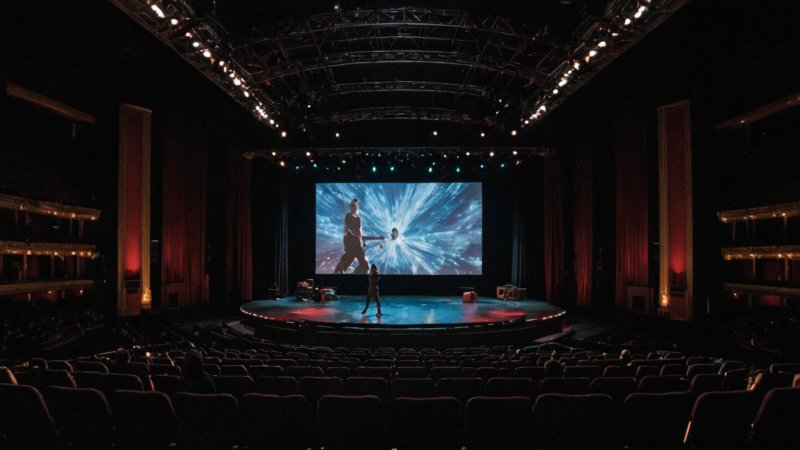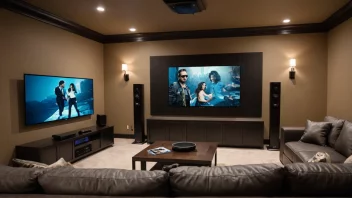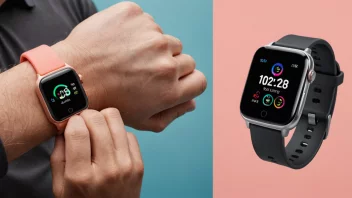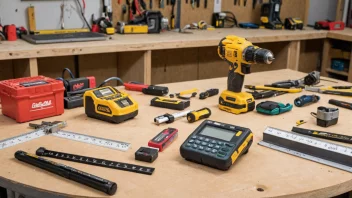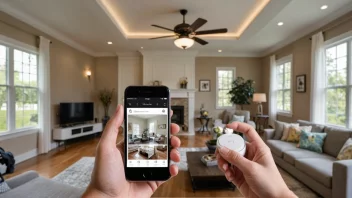What are the key technologies used in modern theater productions?
Modern theater productions incorporate a variety of technologies, including:
- Lighting Systems: Advanced lighting fixtures that can be programmed for dynamic effects.
- Sound Design: Digital soundboards and microphones that enhance audio quality.
- Projection Mapping: Using projectors to create immersive backgrounds and effects.
- Automation: Mechanisms for moving sets and props seamlessly during performances.
- Virtual Reality (VR): Creating immersive experiences for audiences and performers.
How does technology enhance the storytelling aspect of theater?
Technology allows for greater creativity in storytelling. Lighting and sound can set the mood and tone of a scene, while projection can transport audiences to different locations. Additionally, automation can facilitate quick scene changes, making the narrative flow more seamless.
What are some examples of innovative uses of technology in theater?
Innovative uses of technology in theater include:
- Interactive Performances: Using apps that allow the audience to influence the direction of the story.
- Live Streaming: Broadcasting performances to reach a wider audience or those unable to attend in person.
- Wearable Tech: Costumes embedded with LED lights or sensors that respond to actors' movements.
- Augmented Reality (AR): Enhancing live performances with AR elements visible through smartphones or AR glasses.
How can aspiring theater professionals learn about these technologies?
Aspiring theater professionals can learn about technology through:
- Workshops: Many theaters offer workshops on lighting, sound, and stage management.
- Online Courses: Websites like Coursera or MasterClass offer courses in stage technology.
- Internships: Gaining hands-on experience through internships at local theaters.
- Networking: Connecting with professionals in the field through events and social media.
What challenges do theater productions face when integrating technology?
Integrating technology into theater productions can pose several challenges:
- Budget Constraints: High-quality technology can be expensive, and not all productions have the funding to cover these costs.
- Technical Expertise: Productions may struggle to find skilled technicians who know how to operate advanced equipment.
- Reliability: Technology can sometimes fail during performances, necessitating backup plans.
- Balancing Tradition and Innovation: Striking the right balance between traditional performance elements and modern technology can be difficult.
What are the future trends in theater technology?
Future trends in theater technology may include:
- Enhanced Virtual Experiences: More productions might incorporate VR and AR to create immersive environments.
- AI in Scriptwriting: Artificial intelligence could assist in developing scripts and enhancing characters.
- Data Analytics: Using audience data to tailor performances and marketing strategies.
- Sustainable Technologies: Greater focus on eco-friendly technologies and practices in production.
In conclusion, technology plays an essential role in modern theater productions, enhancing storytelling, creating immersive experiences, and offering new possibilities for innovation. As technology continues to evolve, so will the ways in which theater engages and captivates its audiences.
